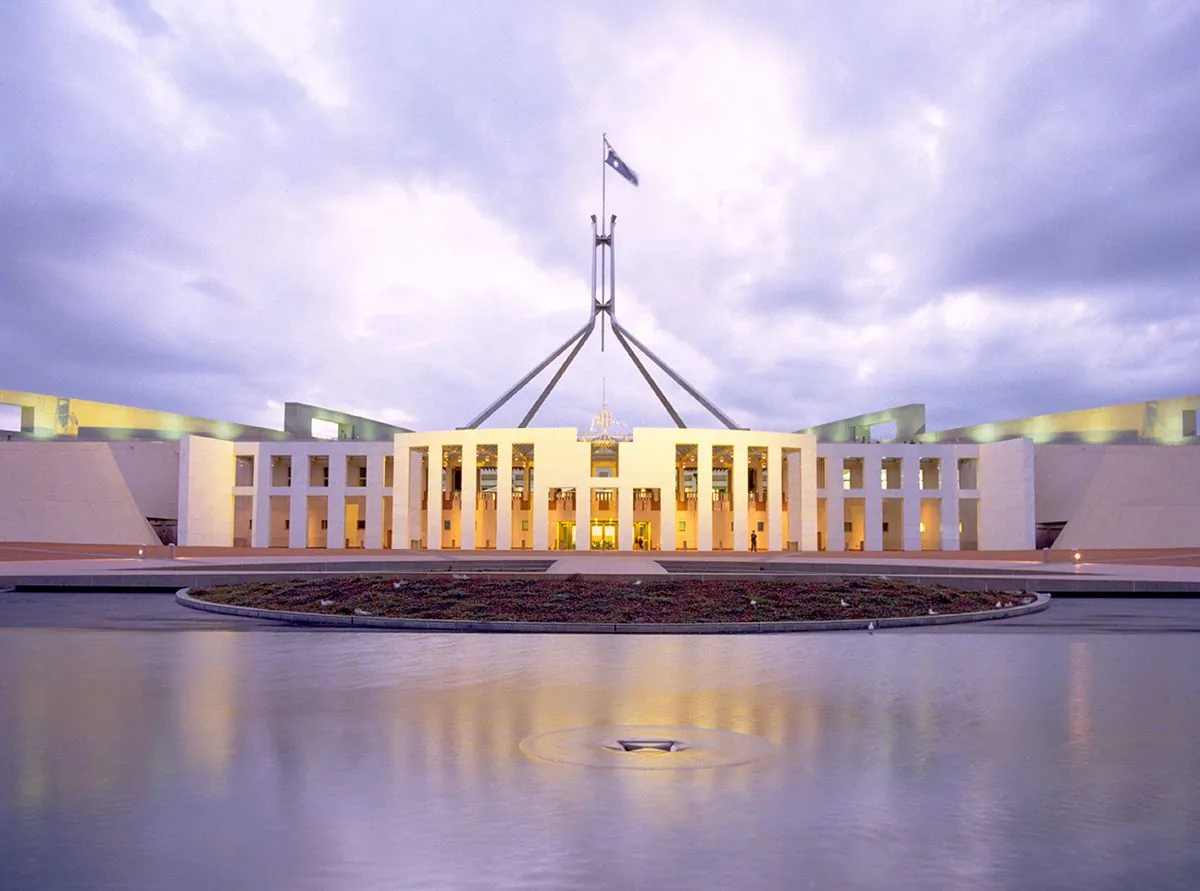Australia Plans Age Limits for Social Media Access
Australian government to introduce legislation for social media age verification. Prime Minister cites mental health concerns and parental demands for online protection of children.

In a significant move to address online safety concerns, the Australian government has announced plans to implement age restrictions for social media access. Prime Minister Anthony Albanese revealed that legislation would be introduced by the end of 2024 to enforce age verification for social media platforms.
The proposed measures aim to establish a minimum age requirement for social media usage, likely to be set between 14 and 16 years old. This initiative comes in response to growing parental concerns about the potential harm social media can inflict on young users, including cyberbullying and exposure to inappropriate content.
Albanese emphasized the urgency of the matter, stating, "This is a scourge. We know that there are mental health consequences for what many of the young people have had to deal with." The government plans to trial age verification technology to effectively implement the restrictions.

Australia's approach to regulating social media access for minors aligns with global efforts to protect young users online. The country's high internet penetration rate, with over 90% of its 26 million population having access, underscores the importance of such measures.
The proposed legislation reflects Australia's proactive stance on tech regulation. In recent years, the country has introduced several initiatives, including the News Media Bargaining Code in 2021, aimed at regulating big tech companies.
However, the plan has faced criticism from some experts. Lisa Given, an information technology specialist at the Royal Melbourne Institute of Technology, expressed concerns about the potential drawbacks:
"This is actually a very problematic move. This is a very blunt instrument that's going to potentially exclude children from some very, very helpful supports on social media."
Given's statement highlights the challenge of balancing protection with access to beneficial online resources.
The Australian Communications and Media Authority (ACMA), responsible for regulating broadcasting, internet, and telecommunications, is likely to play a crucial role in implementing and overseeing these new regulations.
In a related development, South Australia has proposed legislation that would impose fines on social media companies failing to exclude users under 14 from their platforms. This state-level initiative complements the federal government's efforts to create a safer online environment for young Australians.
As Australia moves forward with these plans, it builds upon its existing framework of online safety measures, including the eSafety Commissioner and various cybersafety programs integrated into the national curriculum. The country's participation in international efforts to combat online child exploitation, such as the Virtual Global Taskforce, further demonstrates its commitment to digital safety.
With elections potentially looming by May 2025, the opposition party has also entered the fray, promising a social media ban for children under 16 if elected. This bipartisan focus on online safety underscores the issue's significance in Australian politics and society.
As the debate continues, the Australian government faces the challenge of crafting legislation that effectively protects young users while preserving the benefits of digital connectivity in an increasingly online world.


































